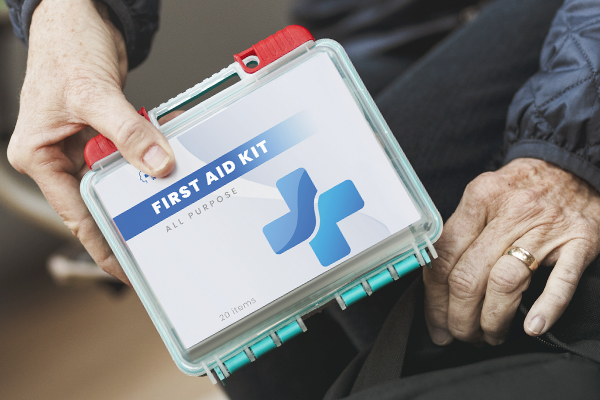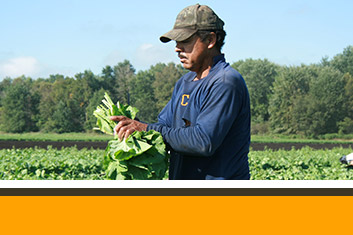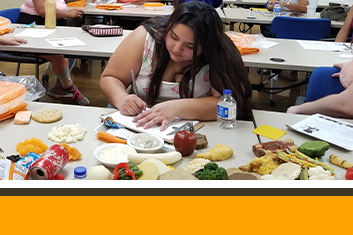News & Updates
Planning Tips for Public Health Emergencies and Common Disasters for Older Adults
A Public Health Emergency is when a community is impacted by the threat of an illness or health condition that poses a substantial risk to human health1, such as COVID-19, or natural disasters also known as common disasters. Examples of common disasters include wildfires, windstorms, floods, earthquakes, tornados, extreme temperatures, and hurricanes.
News & Updates
Planning Tips for Public Health Emergencies and Common Disasters for Older Adults
A Public Health Emergency is when a community is impacted by the threat of an illness or health condition that poses a substantial risk to human health1, such as COVID-19, or natural disasters also known as common disasters. Examples of common disasters include wildfires, windstorms, floods, earthquakes, tornados, extreme temperatures, and hurricanes.
Blog Topics
Community Health Workers are Helping the Rio Grande Valley’s Residents Through the Pandemic
The coronavirus outbreak is creating unique challenges for Hispanic and Latino individuals that live within the tight-knit border communities (often referred to as colonias) of the lower Rio Grande Valley in Texas. Across MHP Salud’s initiatives, Community Health Workers (CHWs) are stepping up to ensure that individuals are informed and receive the help they need during these difficult times.
A Message from Farmworker Health Network (FHN)
The Farmworker Health Network (FHN) stands with everyone impacted by a coronavirus (COVID-19), especially health providers and patients from special and vulnerable populations. In a consolidated effort to bring to you the latest updates, the FHN is sending biweekly newsletters with resources and information to keep you informed and assist you in continuing to serve your patient population. Information related to this pandemic changes daily, so we also encourage you to visit the CDC’s website for additional updates that may impact your specific service areas.
Adding Better Nutrition to Cultural Dishes Doesn’t Have to be a Challenge (CHWs Know How)
Community Health Workers in our healthy living initiative programs are helping Hispanic families change the way they approach food by providing essential education around nutrition that teaches them how to build healthier meals with the foods they know and love. Having knowledge around nutrition that is readily available is an important tool that has the potential to improve dietary habits and reduce the risk of chronic disease throughout a person’s life. But in many of the predominantly Spanish-speaking communities we serve, finding nutritional information that has been adapted to align with their language and culture can be challenging.
Community Health Workers are Helping the Rio Grande Valley’s Residents Through the Pandemic
The coronavirus outbreak is creating unique challenges for Hispanic and Latino individuals that live within the tight-knit border communities (often referred to as colonias) of the lower Rio Grande Valley in Texas. Across MHP Salud’s initiatives, Community Health Workers (CHWs) are stepping up to ensure that individuals are informed and receive the help they need during these difficult times.
A Message from Farmworker Health Network (FHN)
The Farmworker Health Network (FHN) stands with everyone impacted by a coronavirus (COVID-19), especially health providers and patients from special and vulnerable populations. In a consolidated effort to bring to you the latest updates, the FHN is sending biweekly newsletters with resources and information to keep you informed and assist you in continuing to serve your patient population. Information related to this pandemic changes daily, so we also encourage you to visit the CDC’s website for additional updates that may impact your specific service areas.
Adding Better Nutrition to Cultural Dishes Doesn’t Have to be a Challenge (CHWs Know How)
Community Health Workers in our healthy living initiative programs are helping Hispanic families change the way they approach food by providing essential education around nutrition that teaches them how to build healthier meals with the foods they know and love. Having knowledge around nutrition that is readily available is an important tool that has the potential to improve dietary habits and reduce the risk of chronic disease throughout a person’s life. But in many of the predominantly Spanish-speaking communities we serve, finding nutritional information that has been adapted to align with their language and culture can be challenging.








